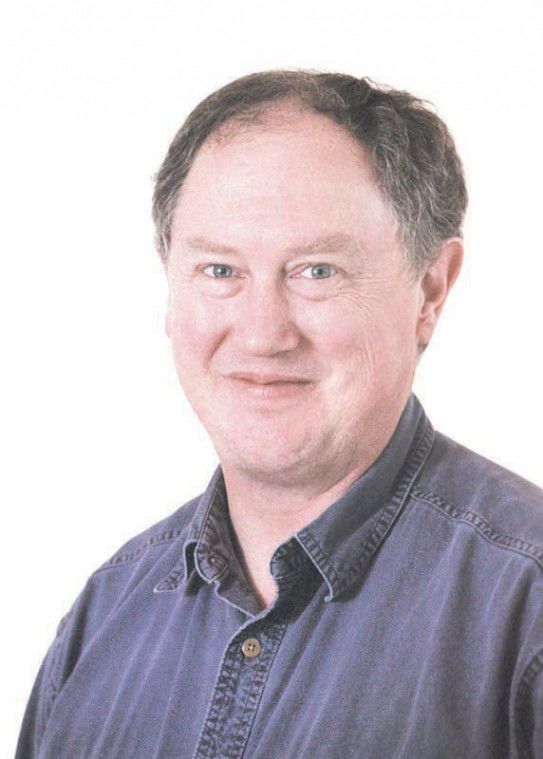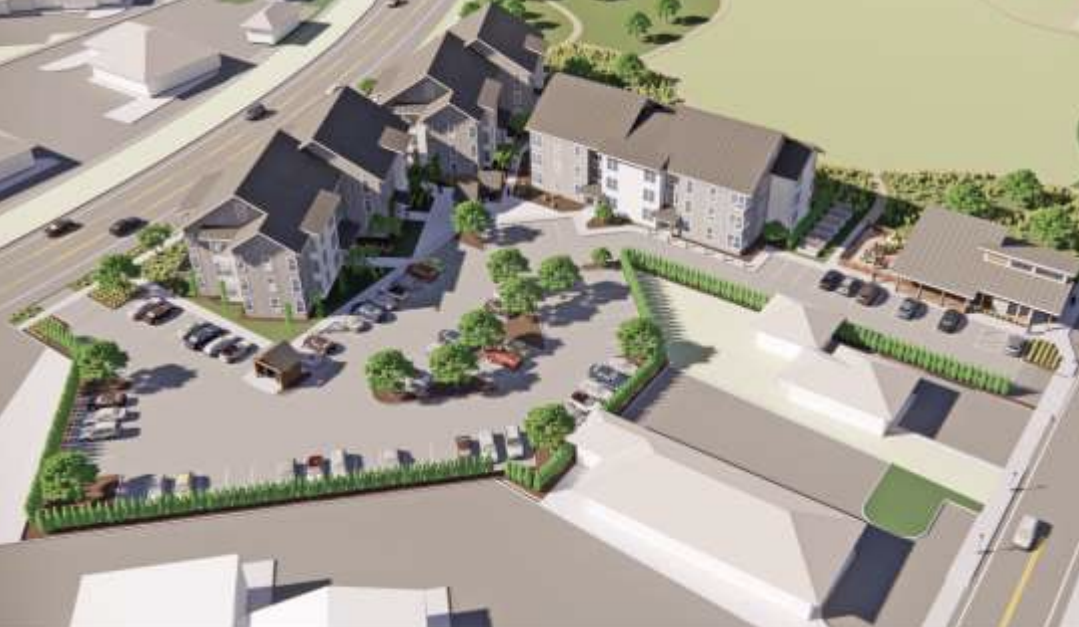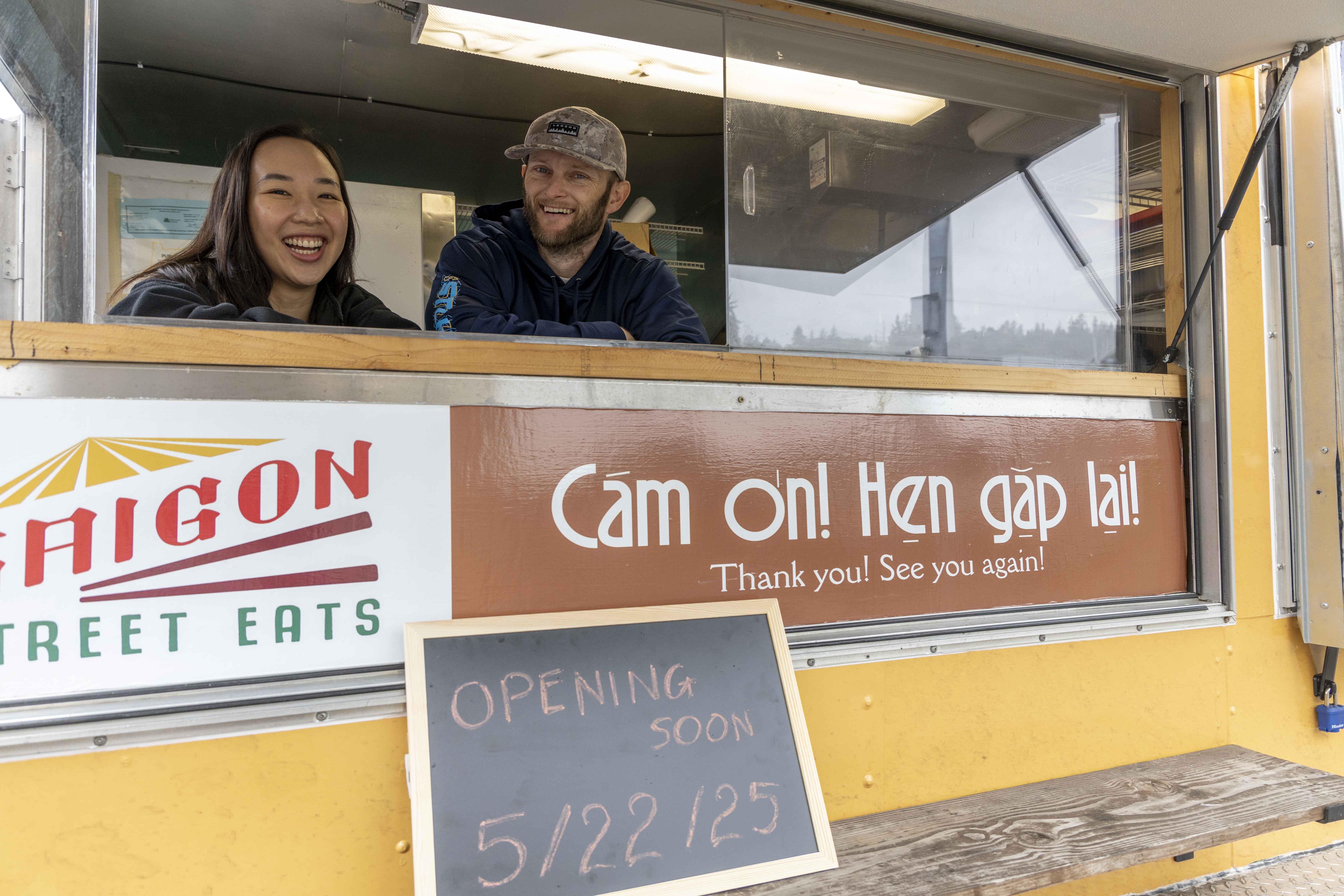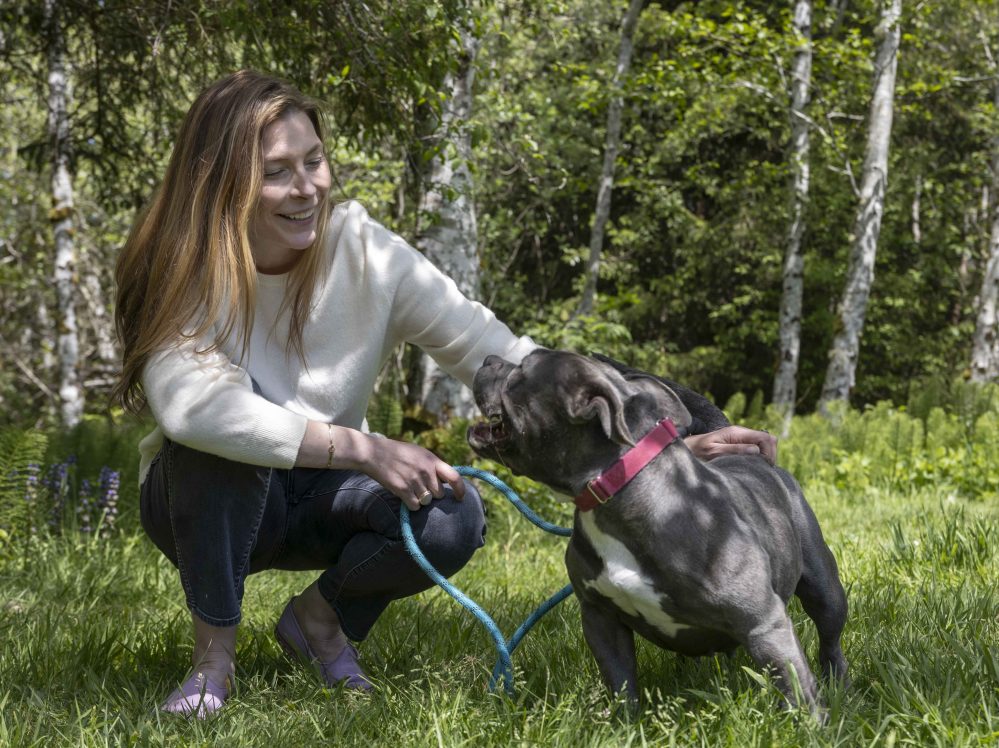Editor’s Notebook: Exploring the Northwest dialect
Published 5:00 pm Thursday, September 29, 2011

- <p>Matt Winters</p>
Imagine my surprise: Im missing a vowel. You may be, too.
An A, E, I, O, U and sometimes Y havent been stolen by a speech impediment or a stroke.
Instead, like most Northwesterners, I only use 14 of the American English vowel sounds instead of the 15 described by linguists.
I cant even wrap my mind around the one that is supposedly missing. Its like trying to imagine what a hypothetical fifth dimension of space might be like. You just have to take scientists word for it.
Anyhow, it seems there is supposed to be a difference in the pronunciation of caught and cot. Who knew? Not me.
Our apparently peculiar manner of saying these words is part of what some consider a Northwest dialect, most recently described by Seattlepi.com blogger Amy Rolph.
This hybrid regional way of speaking includes other traits:
Creaky voicing, especially by women, which an earlier 2005 Post-Intelligencer story explained as, Creaky voicing is easiest to describe as Clintonesque; when Bill Clinton is sounding folksy, that relaxed and scratchy manner of speaking is technically called creaky.
Up-speak, about which linguist Jeff Conn said, Basically, this is the use of a rising question intonation on a declarative sentence, so that a statement like, Then we went to the store, may sound like a question rather than a statement.
Vocabulary preferences, such as Portlanders saying, Were going to the coast, rather than to the beach or the shore. In fact, in an article in Language magazine, Conn argues that the Portland area is the epicenter of our unique new dialect region. Being more remote, the speech of coastal Washington and Oregon may be even more distinctive sounding.
Here are some interesting observations about Northwestese, posted online by residents:
I was born in Aberdeen, Wash. … and I lived there until leaving for the UW in 1971. My freshman year of college, a woman in a linguistics class came to me and said, Youre from Southwest Washington, arent you maybe the Grays Harbor area? I can hear it in your speech. To this day, Im not certain what she was actually hearing.
Among native Northwest males, I have always noticed what I call the Northwest Mumble a tendency to speak softly and without moving their upper lip.
I have long understood that the voice of the Northwest was the voice of Goofy, the Walt Disney character. Pinto Colvig, the creator of Goofys voice, was once asked where he got the accent, and he said he was just speaking the way people did in his hometown of Gresham, Ore. (Actually, he was from Jacksonville.)
For my part, the idea that we have our own way of speaking is something of a comfort in these times when so much American culture is either homogenized to the point of mushy blandness, or else dominated by the weird and bitter politics of other regions. Were married to the other states by the dollar, TV, chain restaurants, shared pride in the achievements of the past and the interstate highway system. But having our own Northwest dialect, food, traditions, manners and future is sounding darn good to me.
As opposed to Southerners, who drop their Rs, we insert them where they arent. I, for one, would a hundred times rather live in Ilwaco, Warshington, than in Atlanta, Gaja. With all due apologies to my hard-fighting Yankee Union ancestors, we should have let the Confederacy secede.
Part of my grander master plan for postapocalyptic, quasi-independent Cascadia is that in addition to Northwestese, well evolve a new free-range Outer Coast folklore. This thought has been resparked by reading Thames: The Biography, by Peter Ackroyd, an Englishman whose facility for drawing connections between far-flung ideas is truly inspirational.
You can walk across the River Thames on London Bridge in five minutes, but its history and embedded character seem 1,000 miles deep. Father Thames and his legendary spouse, the Egyptian goddess Isis, once inspired the ritual sacrifice of precious objects into their bottomless waters ornate Celtic shields and Bronze Age axe heads now on display at the British Museum.
Wouldnt it be great to imbue our Columbia with a personality and lively expectations?
Think of a future when our descendents, mumbling words with lots of extra Rs, deposit handmade gifts in Father Columbia in thanks for restored healthy runs of Royal Chinook salmon.
If we saw our great river as a god, would we treat it as we do?
Matt Winters is editor of the Chinook Observer.





